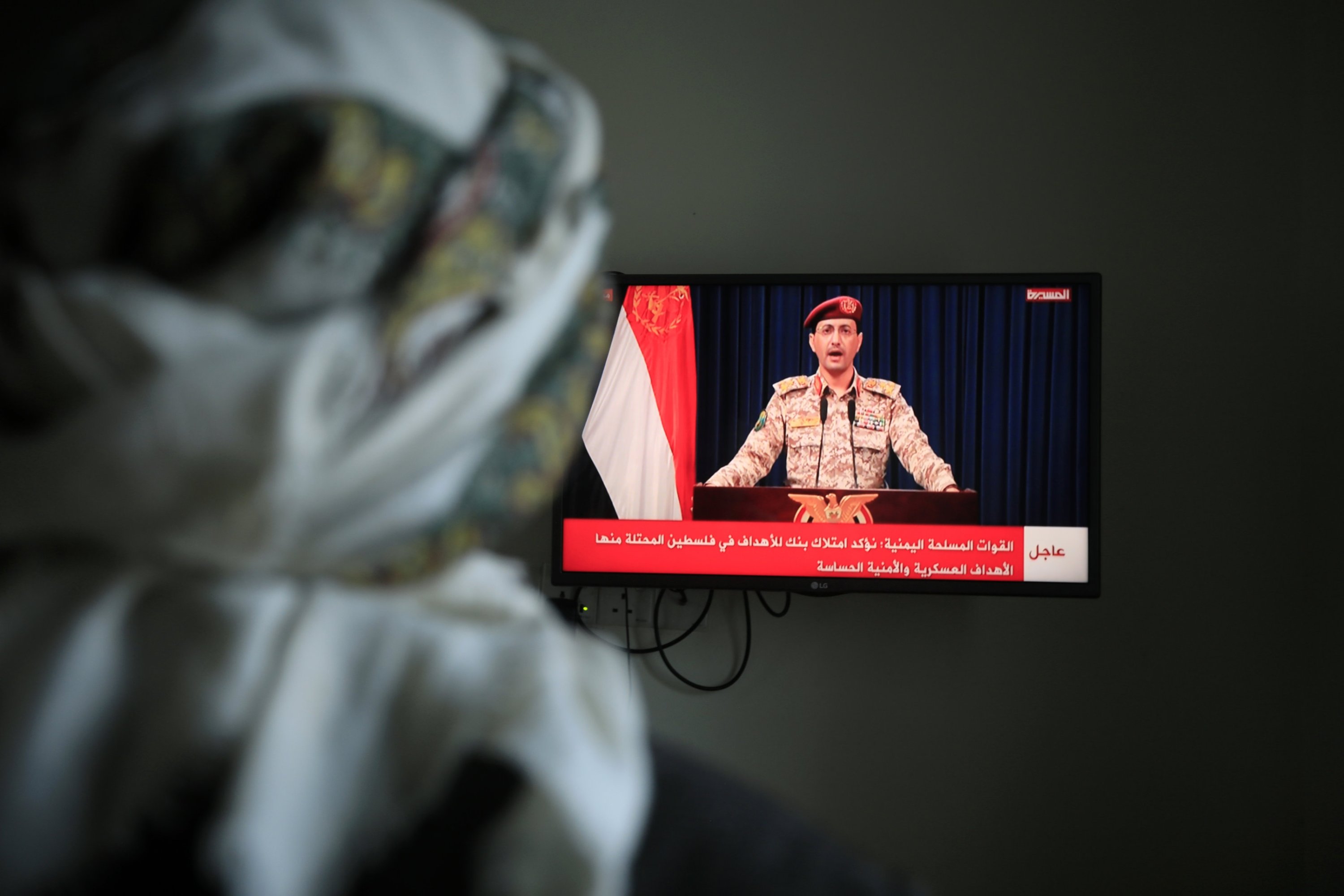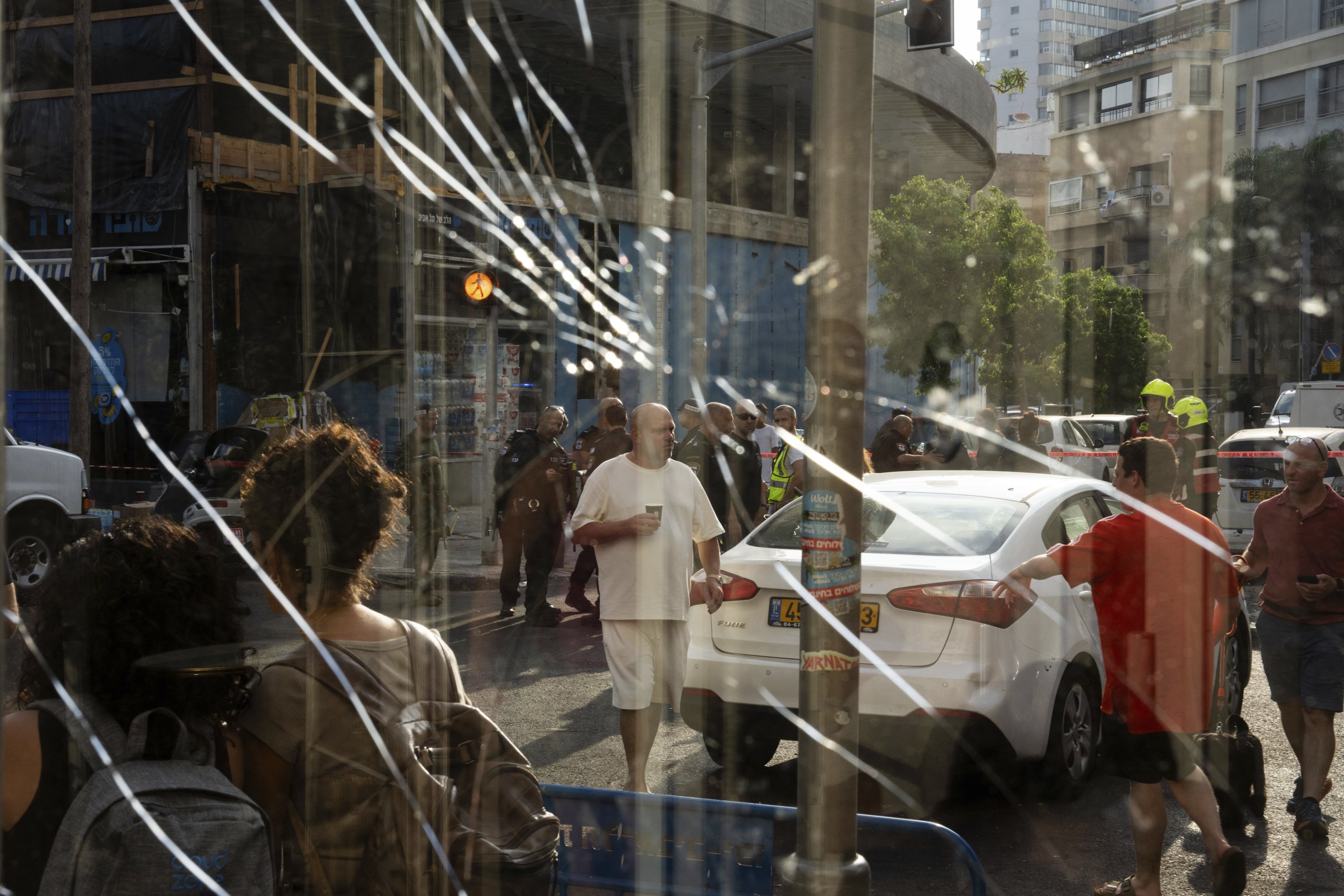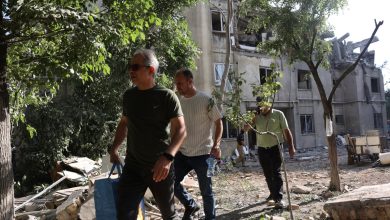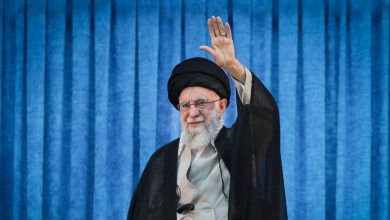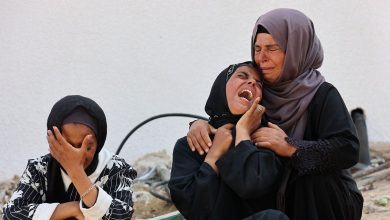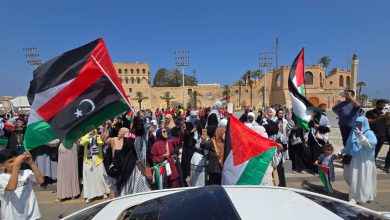Houthi rebels claim Tel Aviv drone strike that killed 1, injured 10
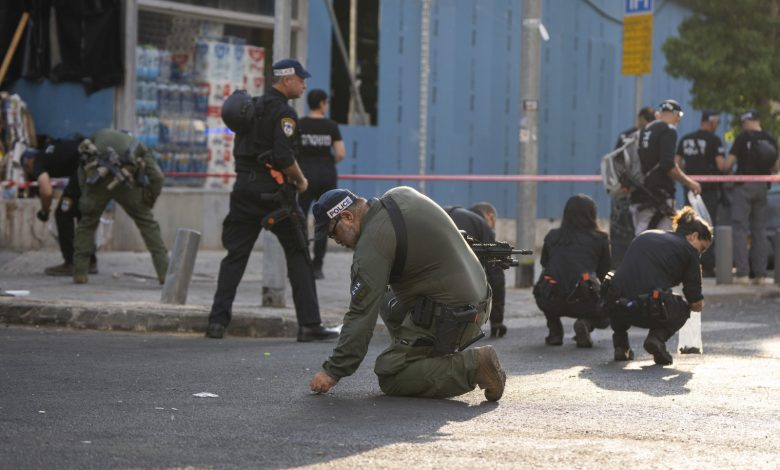
Yemen’s Houthi rebels took responsibility for an early Friday morning drone strike that targeted central Tel Aviv near the U.S. Embassy, resulting in at least one death and 10 injuries.
The attack sent shrapnel flying and shattered glass across a wide area, shaking the streets of Tel Aviv.
Throughout the nine-month conflict, the Houthis have frequently fired drones and missiles at Israel in solidarity with Palestinians.
Until this strike, all previous attacks had been intercepted by either Israeli or Western forces stationed in the region.
Yahya Sare’e, the Houthis’ spokesperson, said in a statement published on the social media platform X that the strike was in retaliation for the ongoing conflict in Gaza and had hit one of many of the group’s targets.
The Houthis claimed that their newest drones could bypass Israel’s aerial defense systems.
However, a spokesperson for Israel’s military said Friday that the explosive-laden drone had been identified on Thursday and attributed the hit to “human error.”
The military’s assessment of aerial threats has not changed because, the military said, Israel’s adversaries have attempted such strikes for months.
“It was a terror attack intended to kill civilians in Israel,” the Israeli spokesperson said.
The Houthi strike occurred hours after Israel’s military confirmed that one of its airstrikes had killed a Hezbollah commander and other members in southern Lebanon.
Israel has so far not targeted the Houthis, allowing its allies to take the lead while it focuses on the war in Gaza and ongoing fighting with Lebanon’s Hezbollah group.
International mediators continue to push for a cease-fire agreement, aiming for a phased deal that would halt the fighting and free about 120 hostages held by the group in Gaza.
The prospects for a deal could improve as Israeli leaders signal that their operation in Rafah is nearing completion.
However, fears of escalation resurfaced on Thursday after Israel’s far-right national security minister, Itamar Ben-Gvir, visited Jerusalem’s most sensitive holy site to pray for the return of Israeli hostages, stating, “without a reckless deal, without surrendering.”
Local police in Tel Aviv said the blast occurred at around 3:10 a.m., reverberating to nearby cities and injuring at least 10 people. Tel Aviv District Commander Peretz Amar said officers could not locate the point of impact, suggesting the explosion occurred in the air.
“The force of the explosion caused damage that is not extensive but is spread over a large area. At the moment, we don’t know what the object was,” Amar said.
Israel possesses a multilayered aerial defense system capable of intercepting threats ranging from long-range ballistic missiles to drones and short-range missiles.
These systems have intercepted thousands of projectiles throughout the war.
However, officials warn they are not 100% effective, and the systems have struggled against small, hard-to-detect drones. It was not known which system, if any, was deployed.
Like Hamas, Hezbollah and the Houthis are backed by Israel’s arch-enemy, Iran.
Israel has largely avoided direct confrontation with Iran throughout the war.
Iran launched hundreds of drones and missiles at Israel in April in response to the alleged assassination of two Iranian generals in Syria.
The war in Gaza, sparked by Hamas’ Oct. 7 incursion on southern Israel, has killed more than 38,600 people, according to the territory’s Health Ministry.
The conflict has created a humanitarian catastrophe in the coastal Palestinian territory, displacing most of its 2.3 million population and triggering widespread hunger.
Hamas’ October attack killed 1,200 people, mostly civilians, and the group took about 250 hostages.


